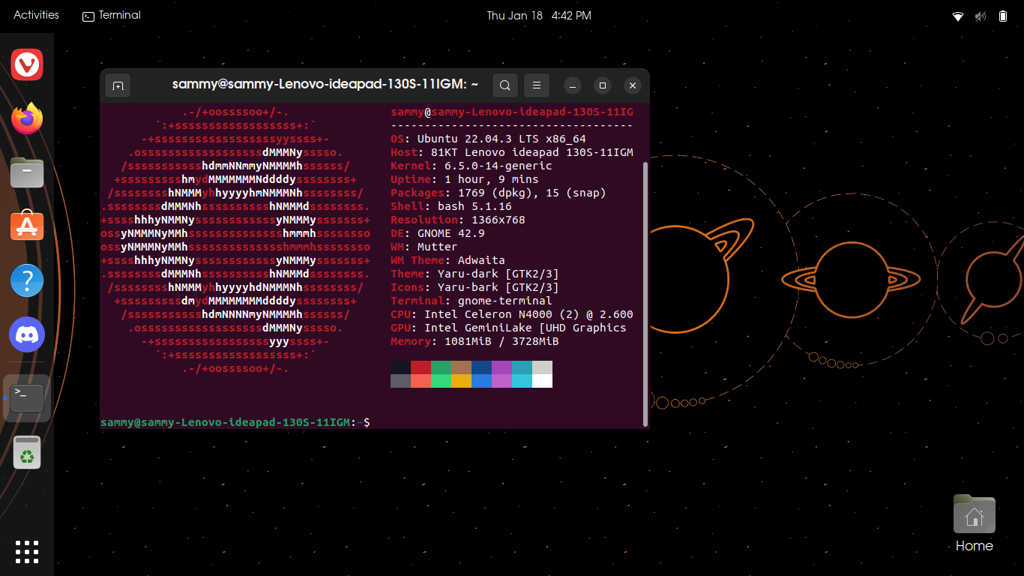this post was submitted on 19 Jan 2024
1159 points (97.7% liked)
Linux
57175 readers
772 users here now
From Wikipedia, the free encyclopedia
Linux is a family of open source Unix-like operating systems based on the Linux kernel, an operating system kernel first released on September 17, 1991 by Linus Torvalds. Linux is typically packaged in a Linux distribution (or distro for short).
Distributions include the Linux kernel and supporting system software and libraries, many of which are provided by the GNU Project. Many Linux distributions use the word "Linux" in their name, but the Free Software Foundation uses the name GNU/Linux to emphasize the importance of GNU software, causing some controversy.
Rules
- Posts must be relevant to operating systems running the Linux kernel. GNU/Linux or otherwise.
- No misinformation
- No NSFW content
- No hate speech, bigotry, etc
Related Communities
Community icon by Alpár-Etele Méder, licensed under CC BY 3.0
founded 6 years ago
MODERATORS
you are viewing a single comment's thread
view the rest of the comments
view the rest of the comments

I can be swayed easily! I’ll throw it on the list!
Xubuntu is still too heavy, you have to strip it further and go for Lubuntu. Nothing like a 400 MB idle memory load on the desktop
My xubuntu is at 380MB idling on the desktop. Also, thanks for making me check. I should probably disable
snapd.I've had sub 200s with Lubuntu before
No doubt, indeed. Just pointing out 400 is not unreasonable for xfce.
I've run cinnamon on some pretty anemic systems and it was quite snappy. But I'd also been able to upgrade the memory so if it's not upgradabe that may not be as good
Agreed. Additionally, Lubutnu felt a lot more responsive than Linux Lite (XFCE Ubuntu based distro)
I'd recommend Linux Mint with the XFCE desktop over Xubuntu, because they're mostly the same thing but Mint doesn't use Snap packages by default while Ubuntu does and Mint is better suited for desktop usage due to their various nice little config tools.